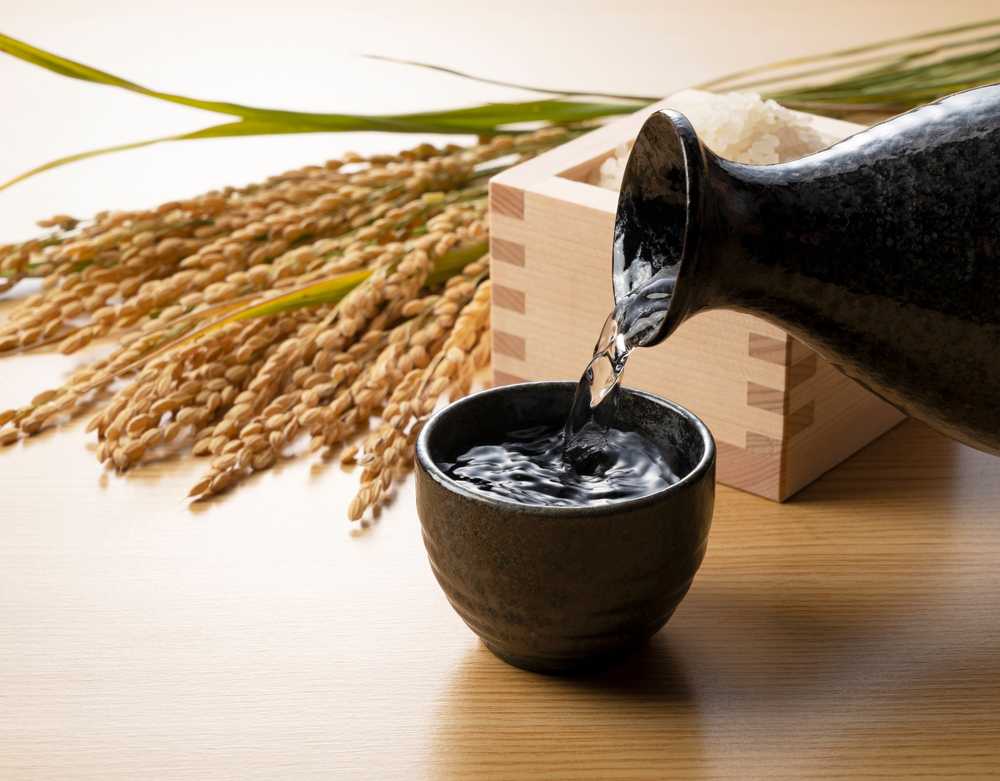Savoring Vietnam’s Hidden Gem: Exploring Local Brewing Traditions (Rice Wine) Adventure
Vietnam, a land of mesmerizing landscapes, rich history, and a unique culture, is known for more than just its stunning scenery and delicious cuisine. One of the hidden gems waiting to be discovered by travelers is its local brewing traditions (rice wine), with rice wine taking center stage. Join Green Sun Travel on a journey through the heart of Vietnam as we explore the age-old craft of rice wine production and uncover the stories and flavors of this fascinating tradition.
What are Local brewing traditions (Rice wine) in Vietnam?
Local brewing traditions (rice wine) in Vietnam are deeply rooted in the country’s history and culture. Rice wine, known as “ruou gao” in Vietnamese, holds a special place in the hearts of the Vietnamese people and plays a significant role in various aspects of their lives. Here’s an overview of the local brewing traditions of rice wine in Vietnam:
Ingredients: The primary ingredient for rice wine is, of course, rice. However, not just any rice will do. Different varieties of rice are used to produce various types of rice wine, each with its distinct flavor profile. In addition to rice, water and yeast are essential components. Some traditional recipes also call for the use of special herbs and spices, which contribute to the unique flavors of different rice wines.
Fermentation: The rice is typically cooked and then mixed with yeast to ferment. This fermentation process can last for days, weeks, or even months, depending on the type of rice wine being produced. The longer the fermentation, the more complex the flavors.

Distillation: After fermentation, the rice mixture is distilled to separate the alcohol from the liquid. This distillation process can be quite labor-intensive and requires skill and experience. It is often performed in traditional stills made of clay or wood.
Regional Variations: Different regions of Vietnam have their own unique rice wine traditions. For example, in the northern mountainous regions, “ruou can” is a popular variety made by ethnic minority groups. In the Mekong Delta, “ruou de” is a well-known variety. Each region has its specific techniques, ingredients, and flavors.
Customs and Rituals: Rice wine is an integral part of Vietnamese culture and is often associated with various customs and rituals. It is commonly used in religious ceremonies, weddings, and other social gatherings. Sharing a glass of rice wine is seen as a gesture of hospitality and friendship.
Flavor Profiles: Rice wine in Vietnam can range from sweet and fruity to strong and fiery. The flavor can vary depending on the ingredients used, the fermentation and distillation process, and the region of production. Some rice wines are aged to develop a more refined taste.
Cultural Significance: Beyond being a popular alcoholic beverage, rice wine also holds cultural and symbolic significance. It is often used to celebrate important life events and is considered a symbol of prosperity and good fortune.
Sustainable Practices: In some areas, rice wine production is carried out using traditional, eco-friendly methods, emphasizing sustainability and preserving the environment.
Visitors to Vietnam can explore these local brewing traditions by visiting distilleries, attending festivals, and engaging with local communities. It offers a unique and immersive cultural experience, allowing travelers to connect with the rich heritage of Vietnam while savoring the flavors of this traditional beverage.
Try on Vietnam Local brewing traditions (Rice wine)
Chapter 1: The Craft of Rice Wine
Our adventure begins in the lush rice paddies of Vietnam, where the country’s most beloved staple crop transforms into something truly special. Rice wine, known as “ruou gao” in Vietnamese, is crafted with love and care in local villages. Our first stop is at a small, family-owned rice wine distillery, where we witness the meticulous process of rice wine production. The artistry and precision of the local brewers as they ferment and distill the rice is truly remarkable.
Chapter 2: The Ingredients
Rice wine production is not just about rice; it’s about the perfect blend of ingredients. In this chapter, we delve into the nuances of local rice wine. We explore the diverse types of rice used, the unique fermentation process, and the addition of special herbs and spices that give each batch of rice wine its distinct flavor. Prepare to tantalize your taste buds with the rich and complex aromas of Vietnam’s most celebrated beverage.
Chapter 3: Meet the Masters

As we continue our journey, we have the privilege of meeting the masters behind the craft. Local brewmasters, often with generations of experience, share their wisdom and the stories of their families. Their passion for rice wine and their dedication to preserving this tradition is truly inspiring.
Chapter 4: Tasting the Culture
No exploration of rice wine in Vietnam is complete without a taste test. We venture into local bars and eateries, where we sample an array of rice wines, from the sweet and fruity varieties to the robust and fiery ones. Each sip is a journey through Vietnam’s diverse regions, as we discover the different flavors and notes that define each local brew.
Chapter 5: Rice Wine and Food Pairing
What pairs perfectly with rice wine? In this chapter, we delve into the art of food pairing, exploring the delectable dishes that complement the flavors of rice wine. From the savory delights of Vietnamese cuisine to the fusion of traditional and contemporary flavors, we learn how rice wine can enhance the dining experience.
Chapter 6: The Rice Wine Trail
Our adventure takes us to various regions of Vietnam, each with its own unique rice wine traditions. From the fragrant rice paddies of the Mekong Delta to the hilly terrains of Sapa, we explore the beauty and diversity of Vietnam while savoring local rice wines.
Conclusion: A Journey Through Vietnam’s Local brewing traditions (Rice wine)
Exploring the Local brewing traditions (Rice wine) in Vietnam is a journey that takes you deep into the heart and soul of this enchanting country. It’s a fusion of history, culture, and craftsmanship, where every drop of rice wine is a testament to the enduring traditions and warm hospitality of the Vietnamese people.
Throughout this adventure, we’ve discovered the meticulous craftsmanship that goes into each batch of rice wine, the diverse ingredients and regional variations that create unique flavors, and the heartfelt stories of the brewmasters who are dedicated to preserving this ancient tradition. From the fragrant rice paddies of the Mekong Delta to the terraced hills of Sapa, each region offers its own distinctive rice wine experience, a reflection of its people and landscape.
But it’s not just about the drink itself; rice wine is deeply intertwined with Vietnamese culture. It is a part of rituals, celebrations, and daily life. Sharing a glass of rice wine is an invitation to join in the warmth and camaraderie of the Vietnamese people. As you explore this age-old tradition, you’ll gain a deeper understanding of the culture, customs, and way of life in this captivating country.
In Vietnam, rice wine isn’t just a beverage; it’s a living tradition, a connection to the past, and a bridge to the future. So, when you plan your next journey, consider adding a rice wine adventure to your itinerary. It’s an experience that will linger on your taste buds and in your heart, a testament to the beauty of tradition and the joy of discovery.








puravive reviews
This gateway is incredible. The splendid substance displays the administrator’s commitment. I’m overwhelmed and envision more such astonishing material.
February 28, 2024 at 2:01 am
temp mail
This stage is fabulous. The magnificent information uncovers the distributer’s excitement. I’m shocked and anticipate additional such astonishing presents.
March 1, 2024 at 6:56 pm
www.binance.com-а тркелу
Your point of view caught my eye and was very interesting. Thanks. I have a question for you.
March 7, 2024 at 2:25 pm
Binance 註冊
Thanks for sharing. I read many of your blog posts, cool, your blog is very good.
March 16, 2024 at 6:03 am
amazon sugar defender
Your blog has become an indispensable resource for me. I’m always excited to see what new insights you have to offer. Thank you for consistently delivering top-notch content!
April 11, 2024 at 3:37 pm